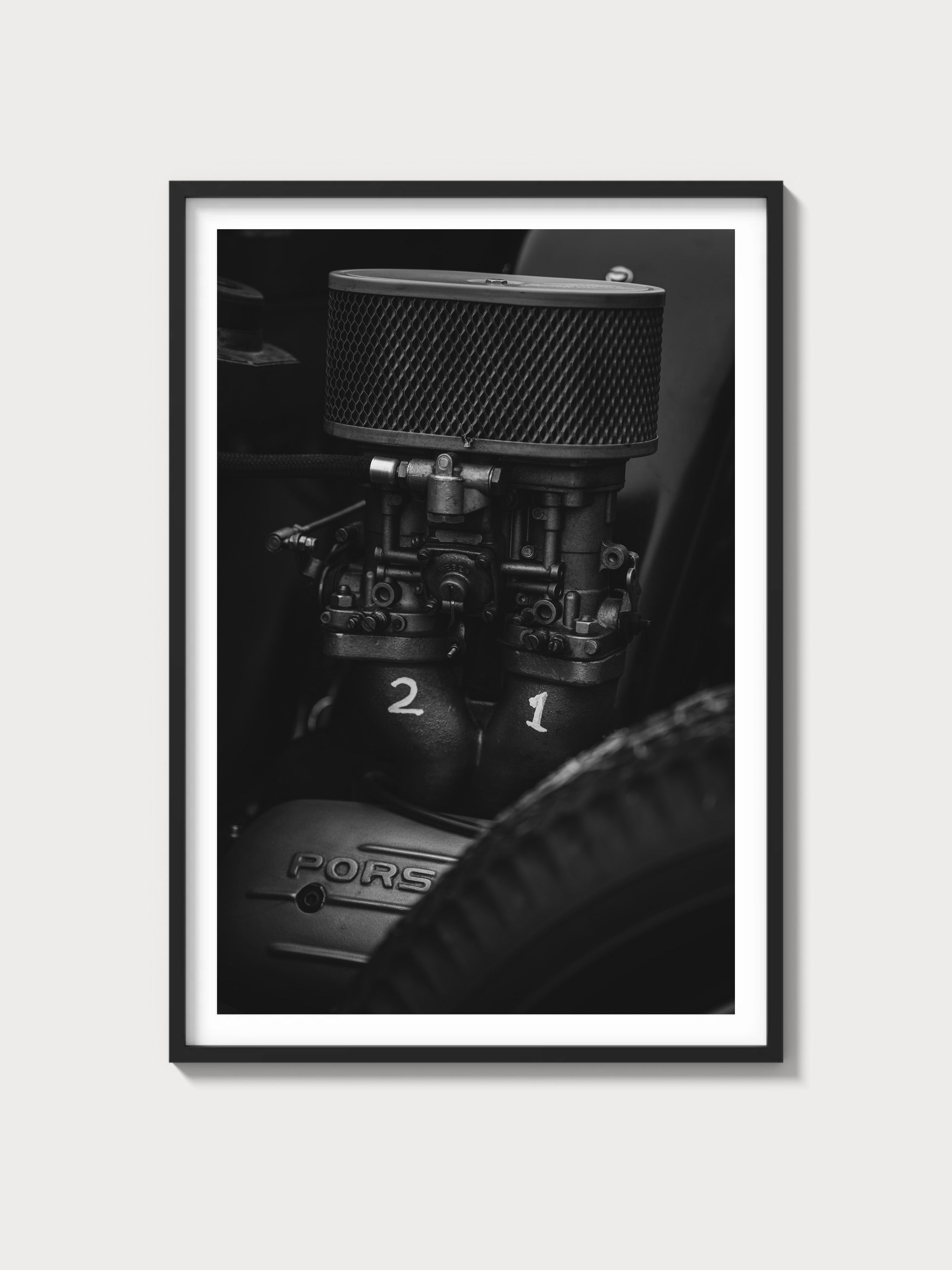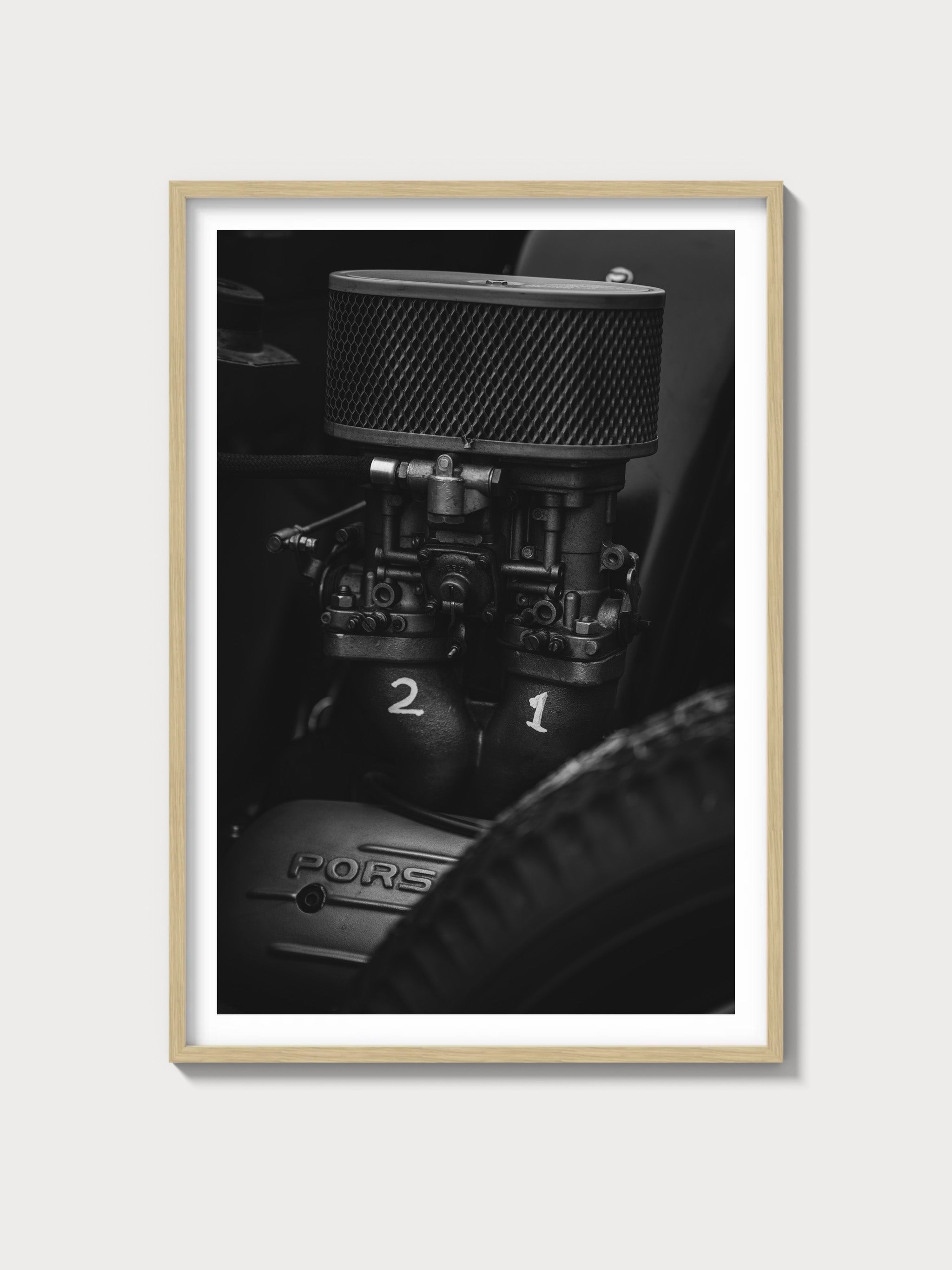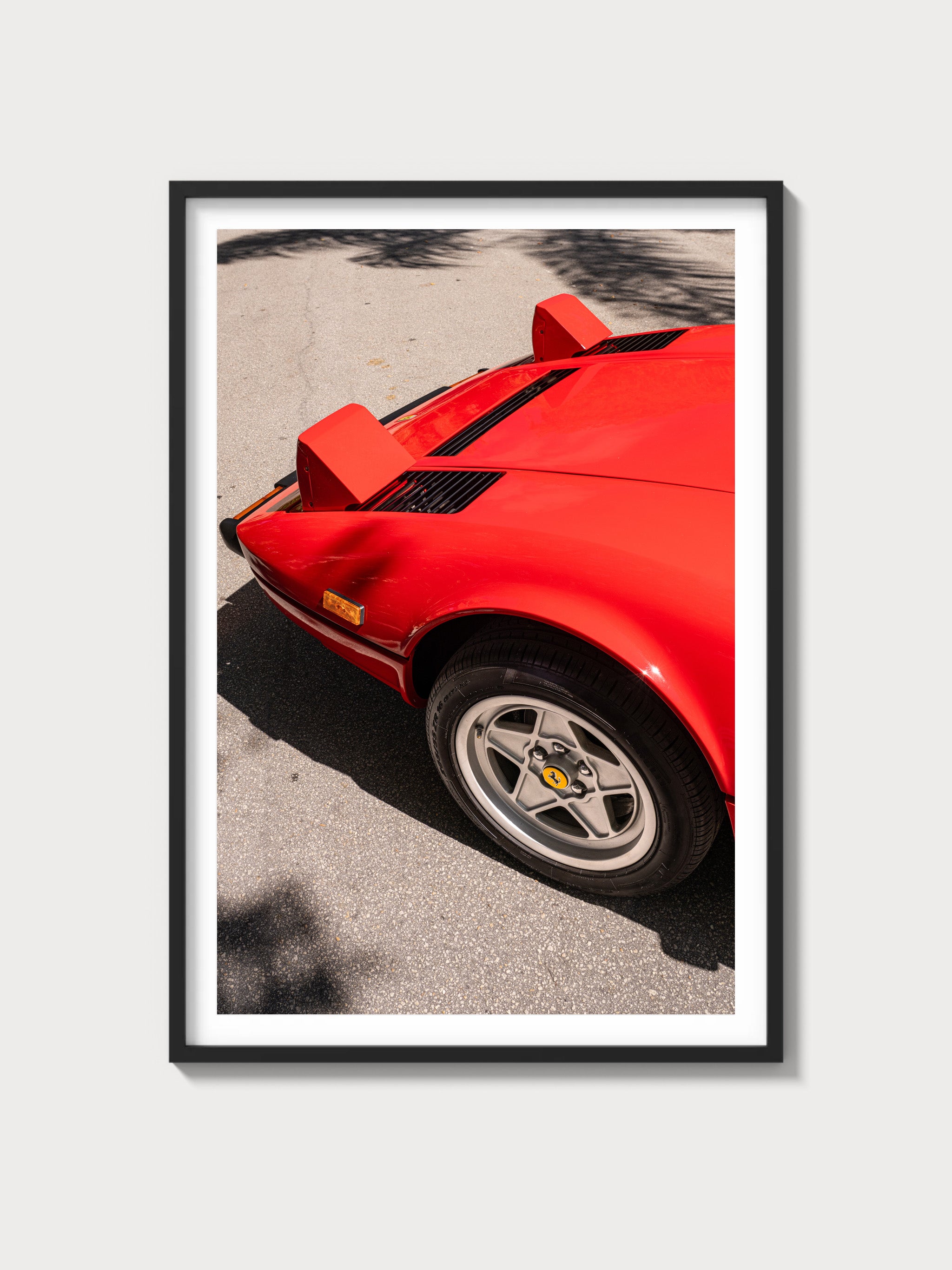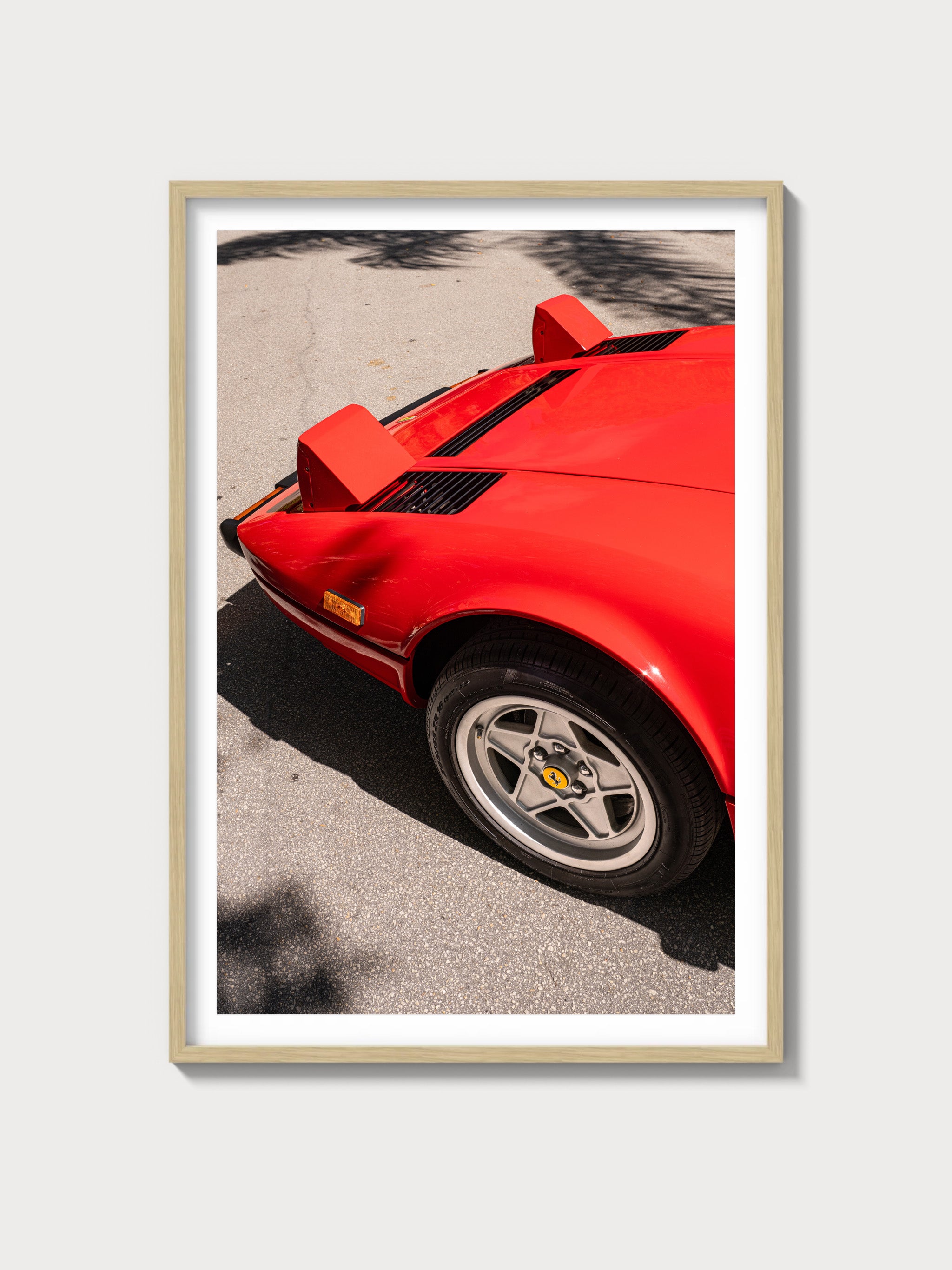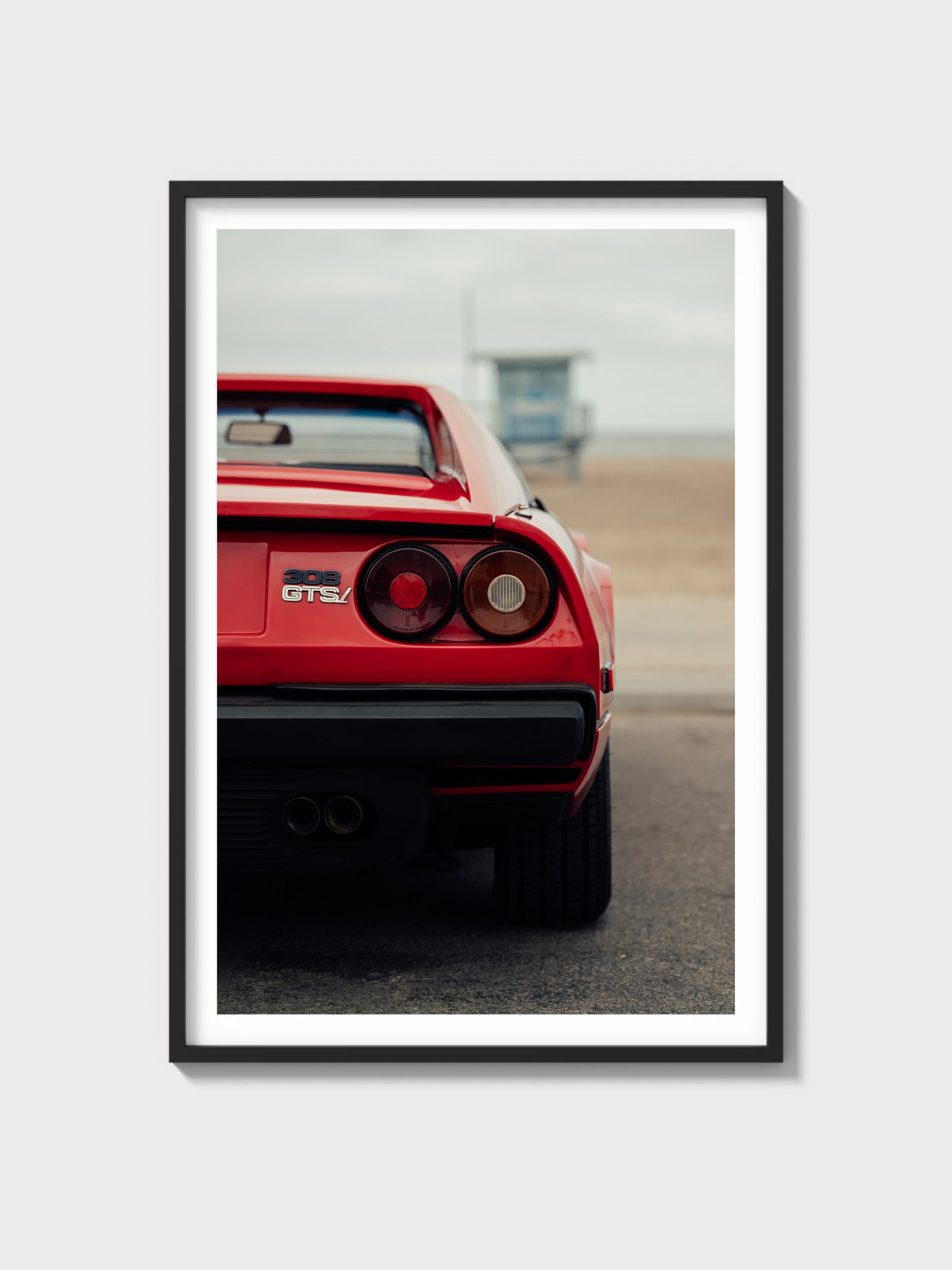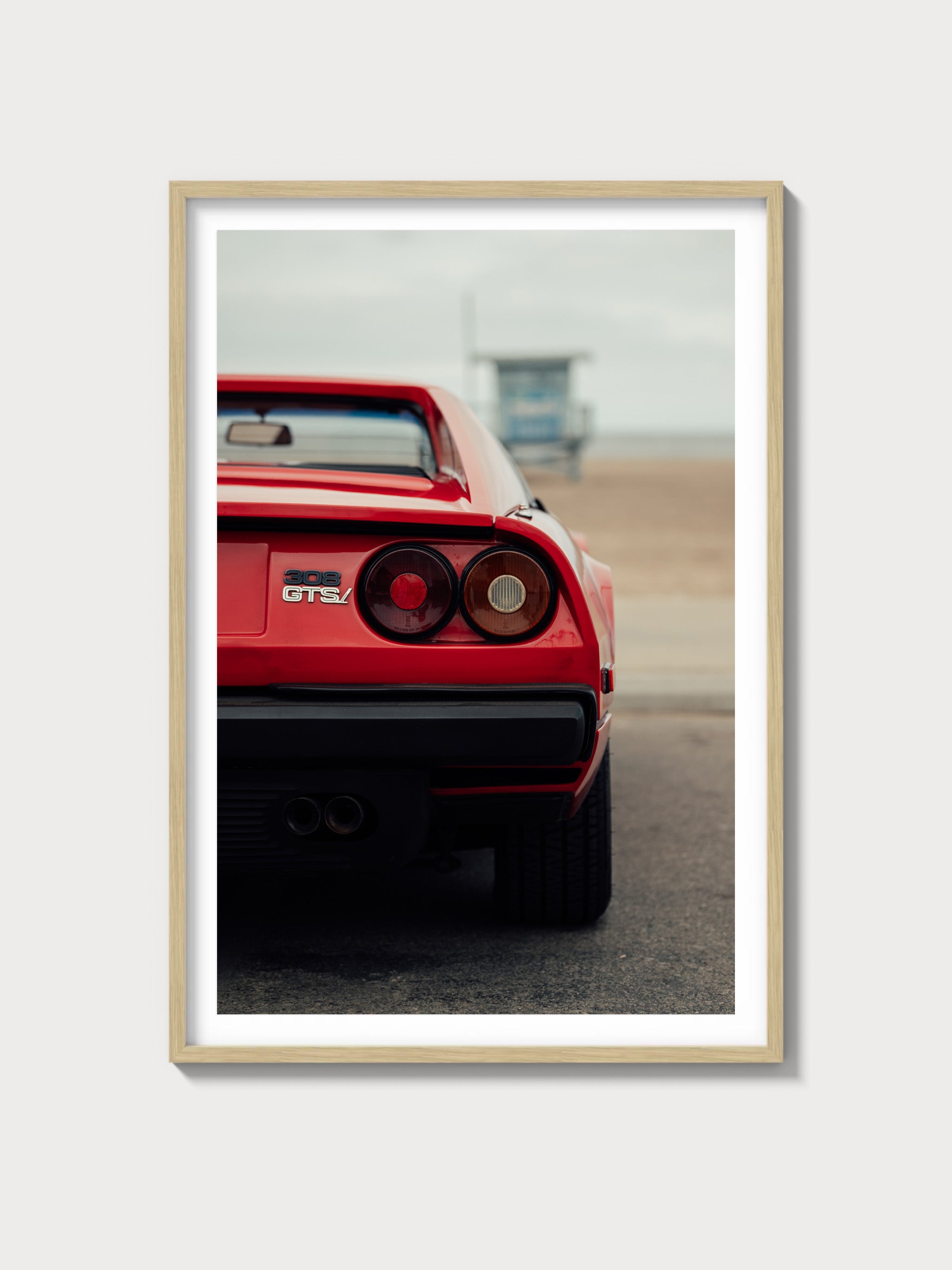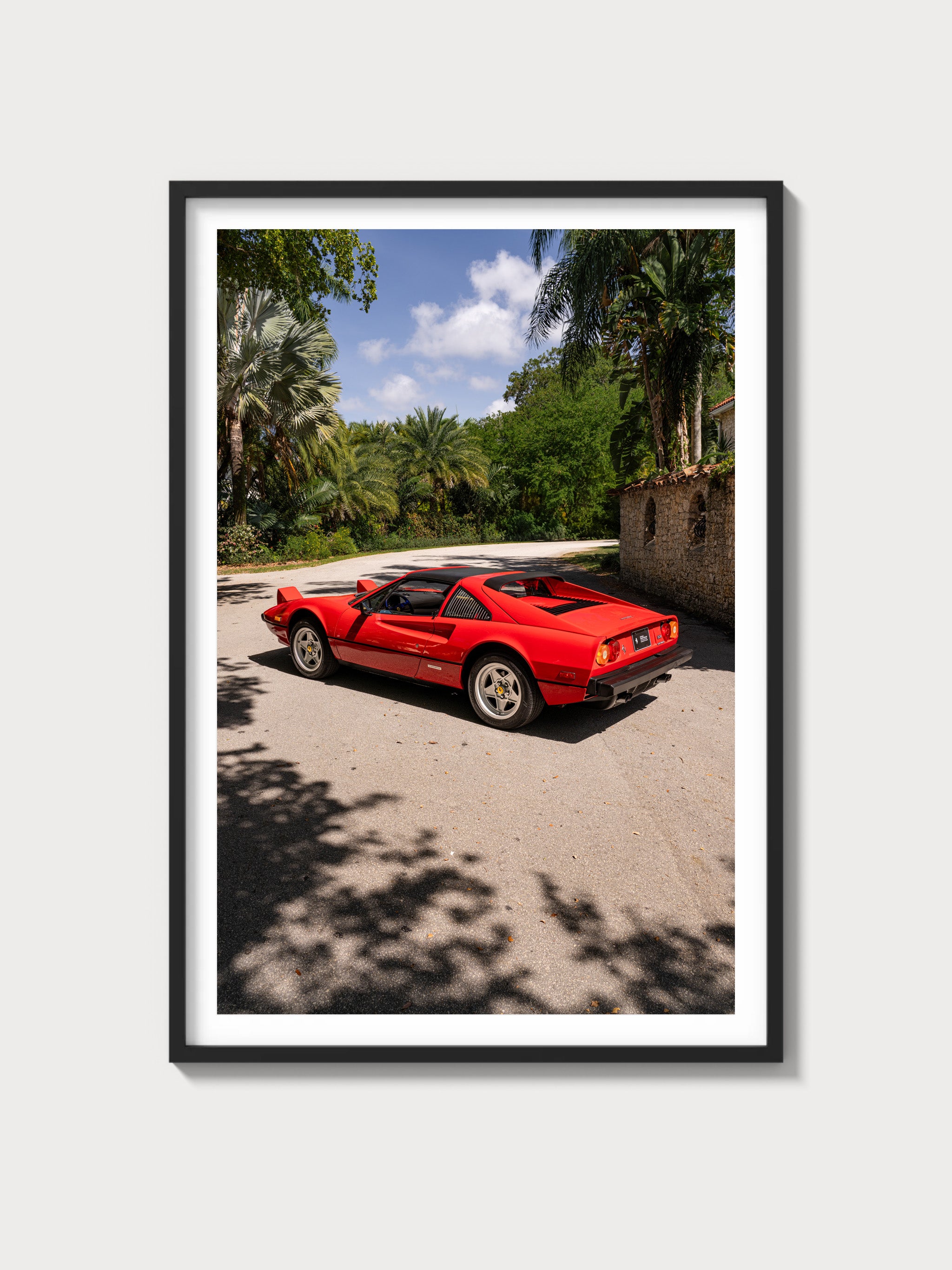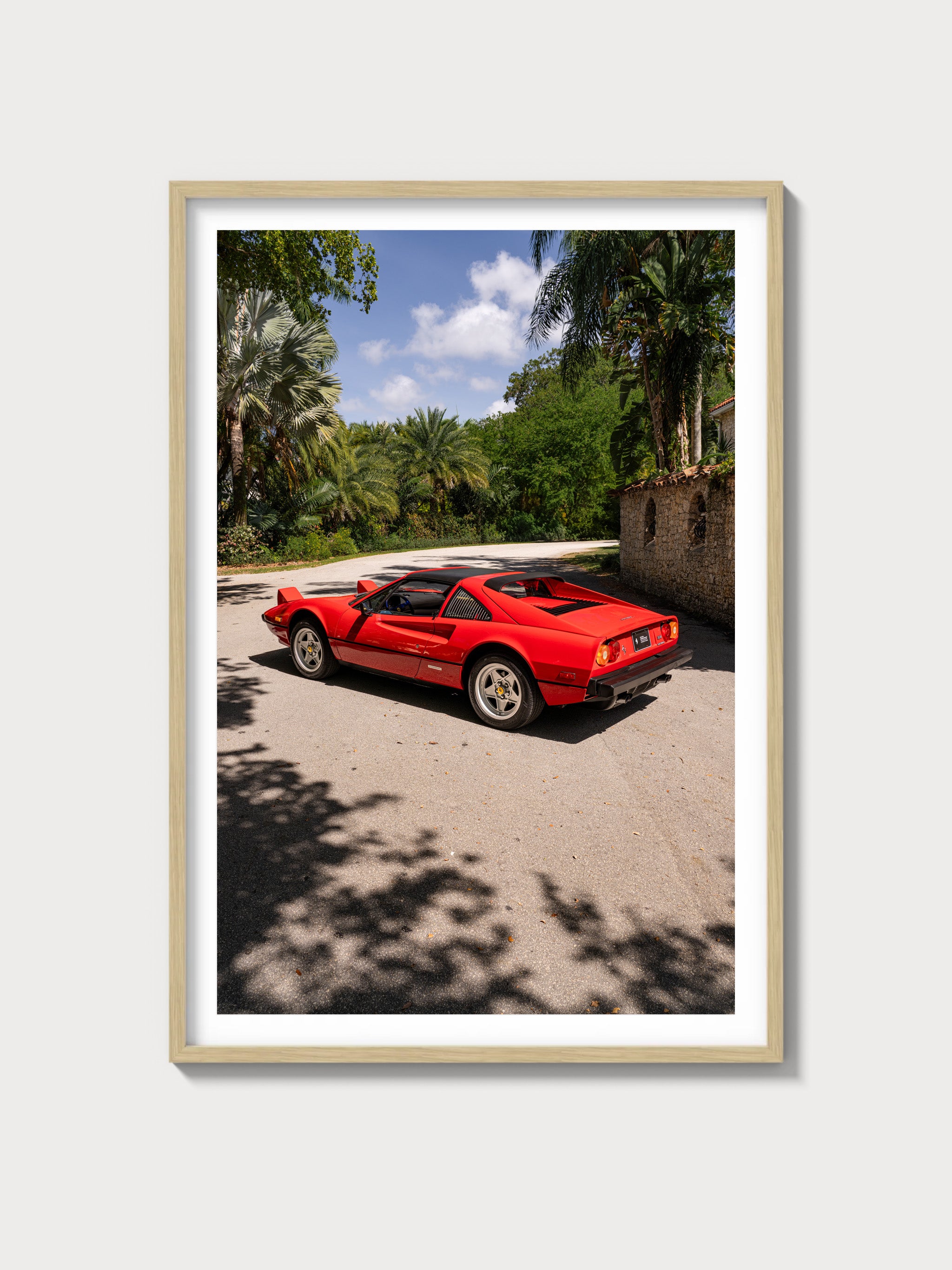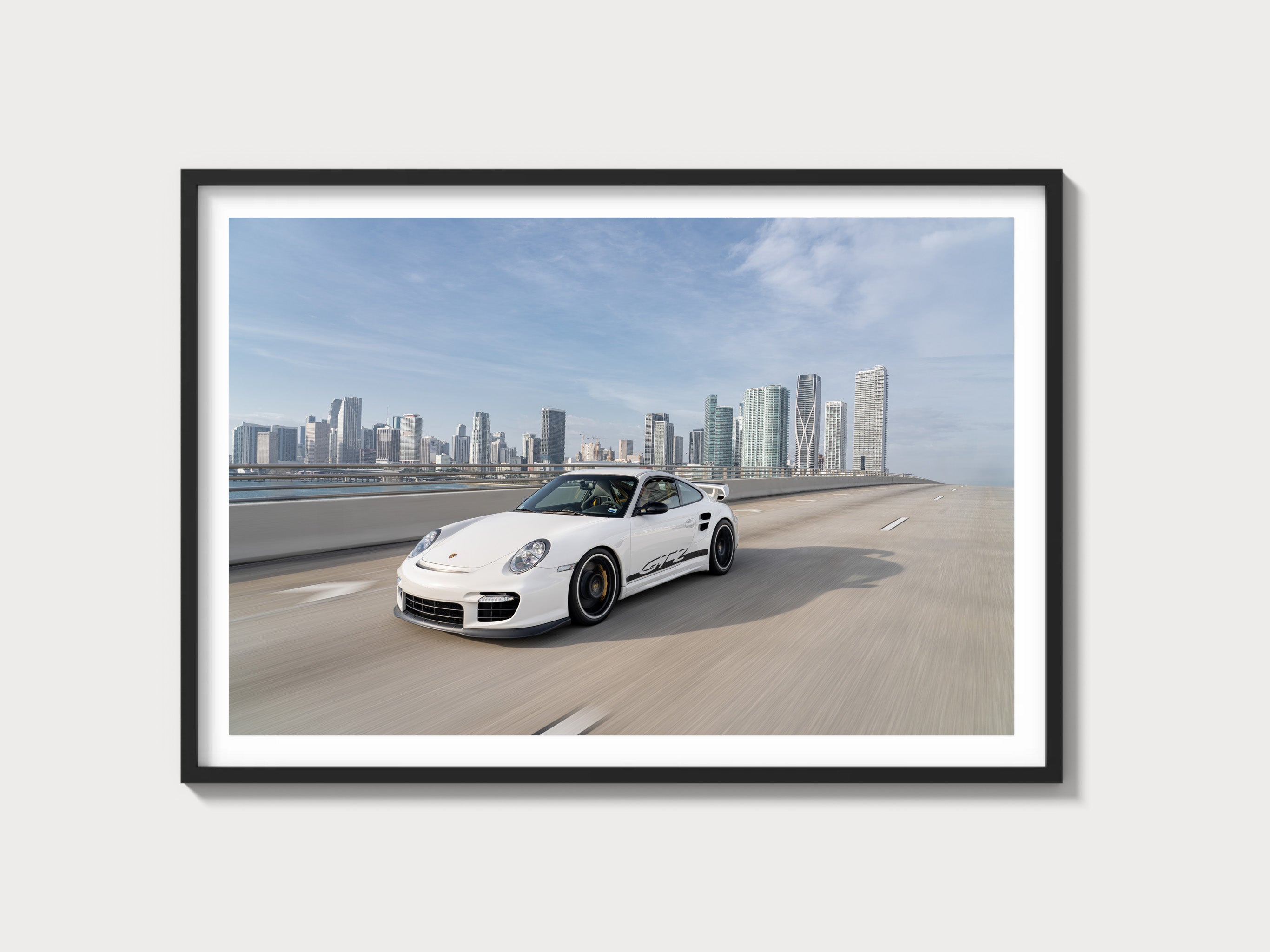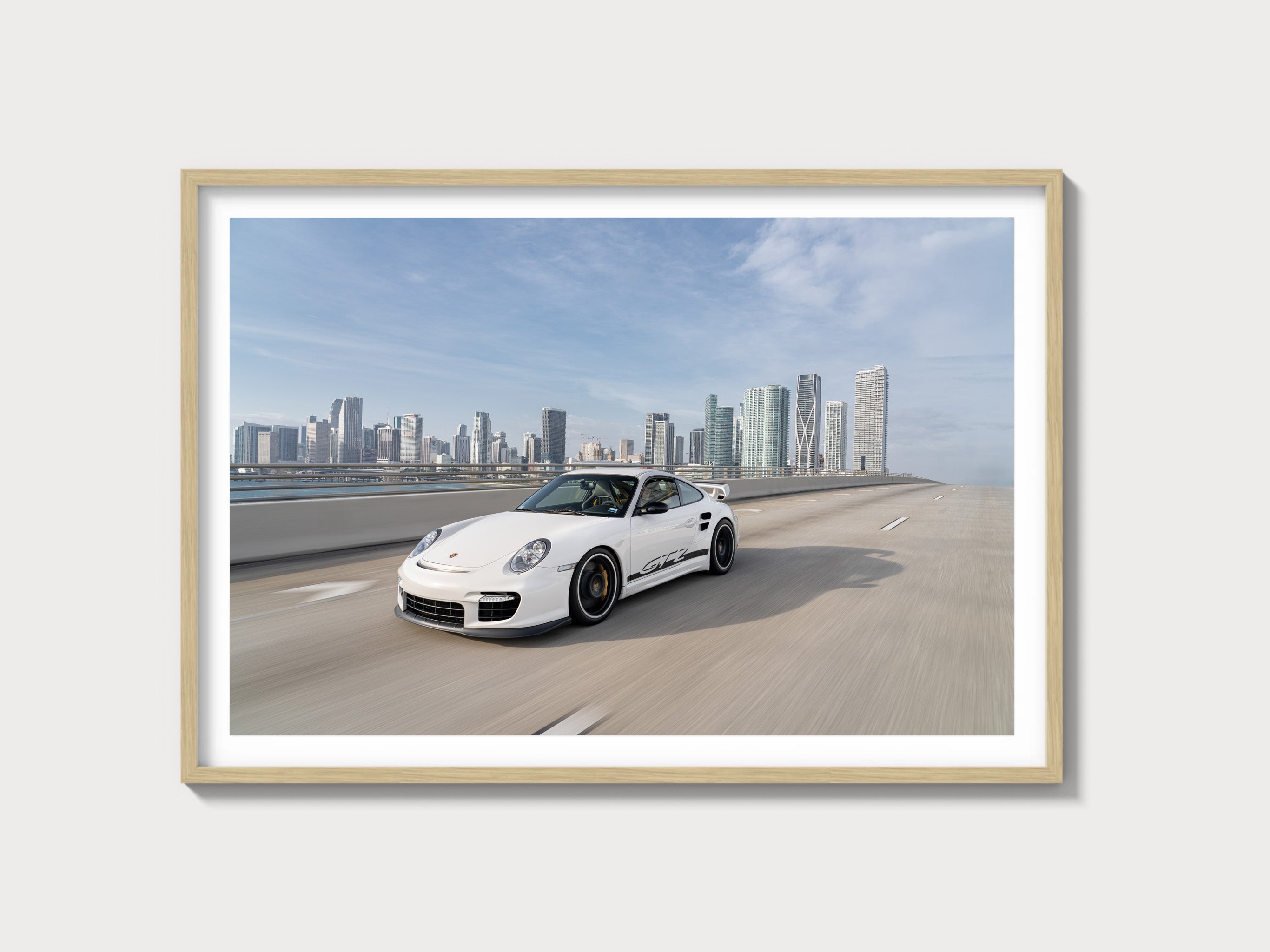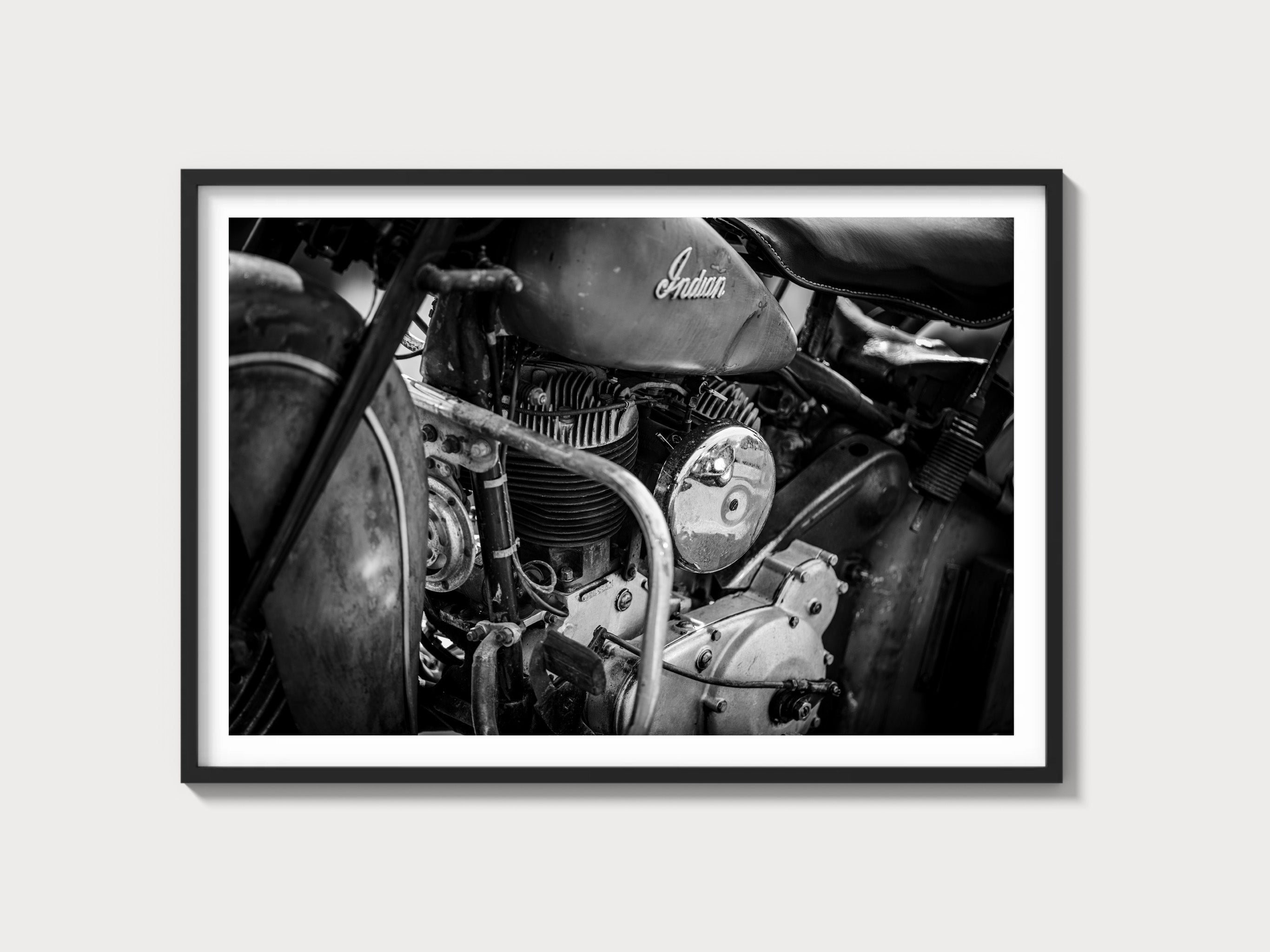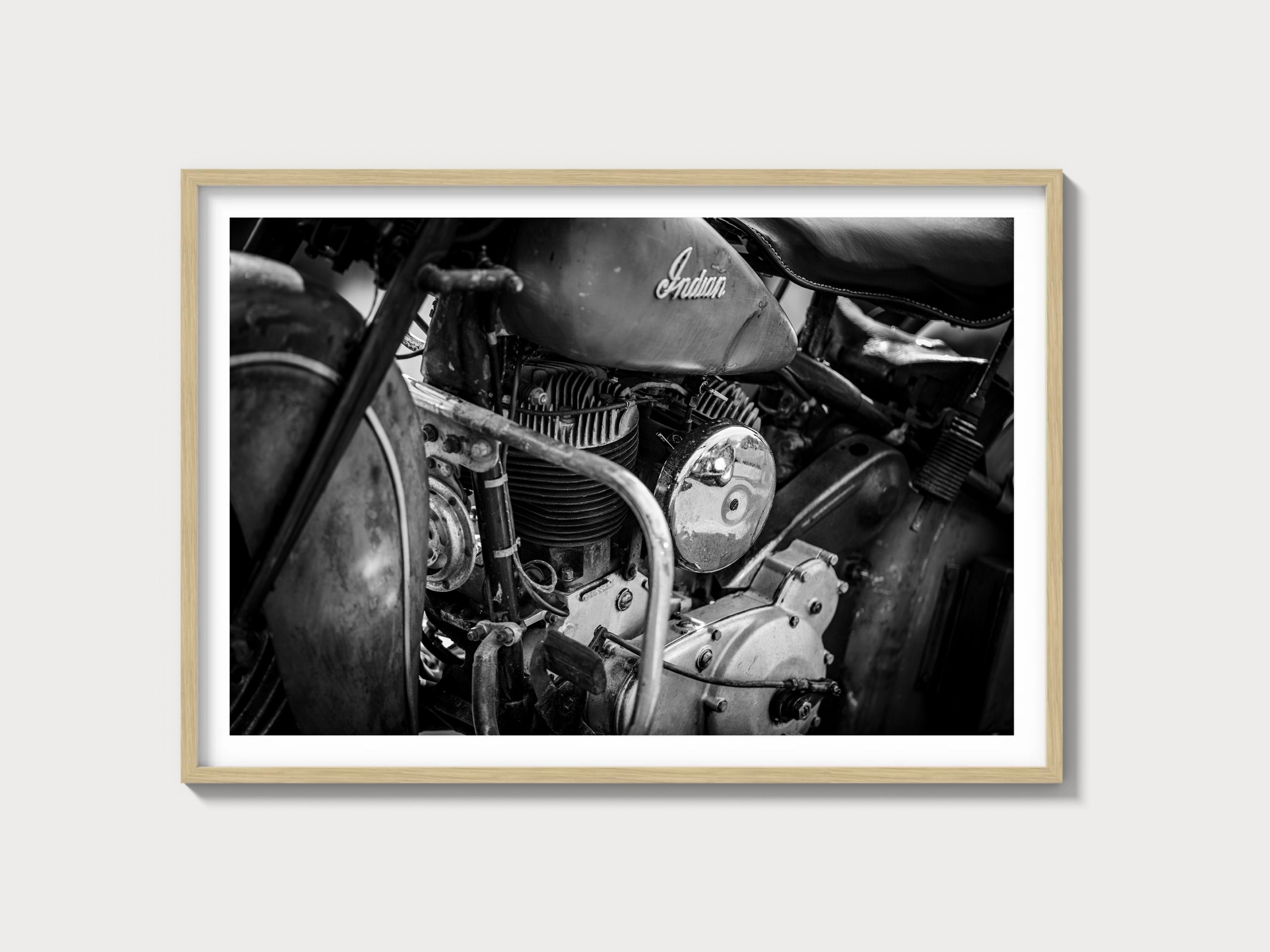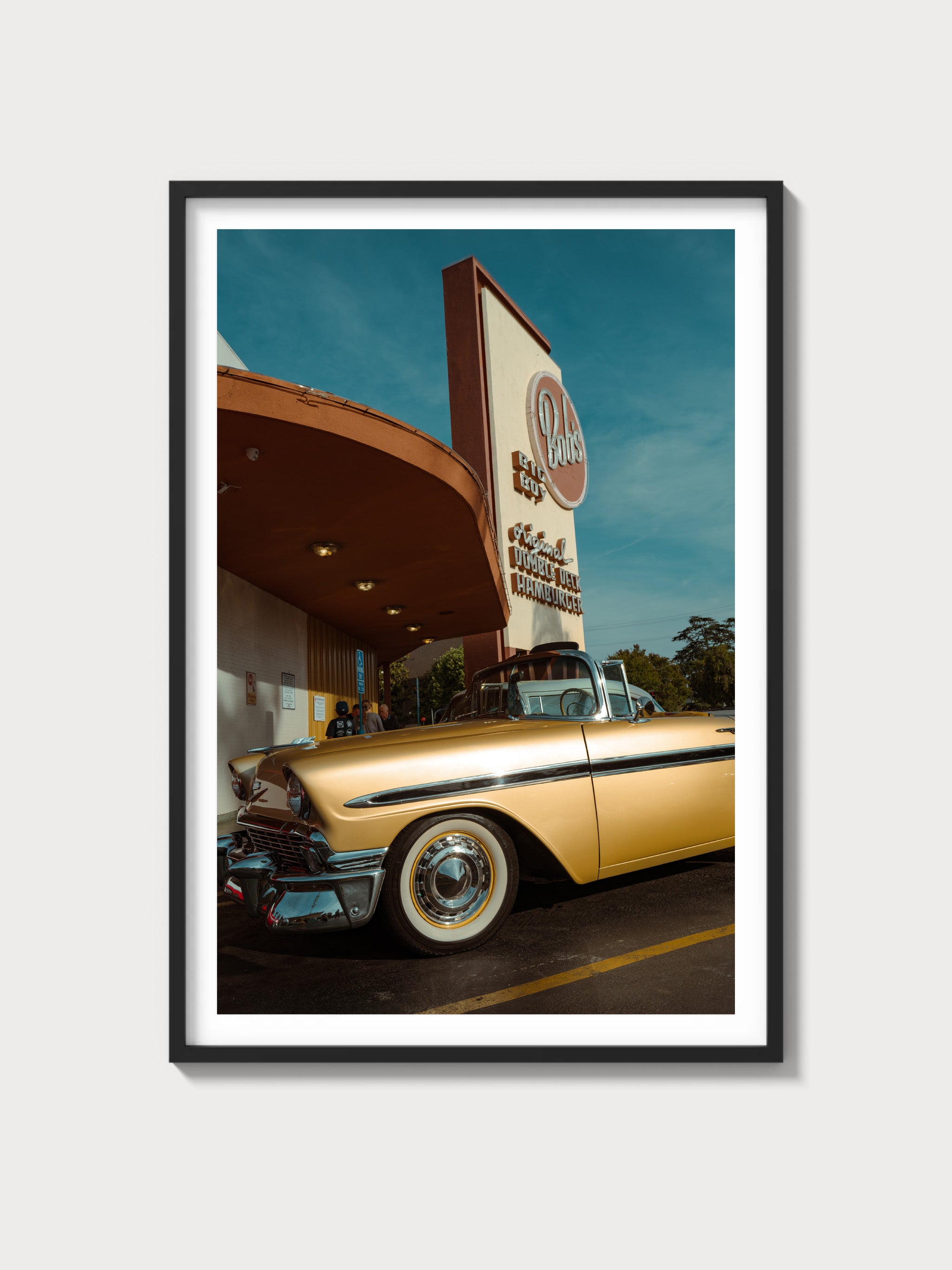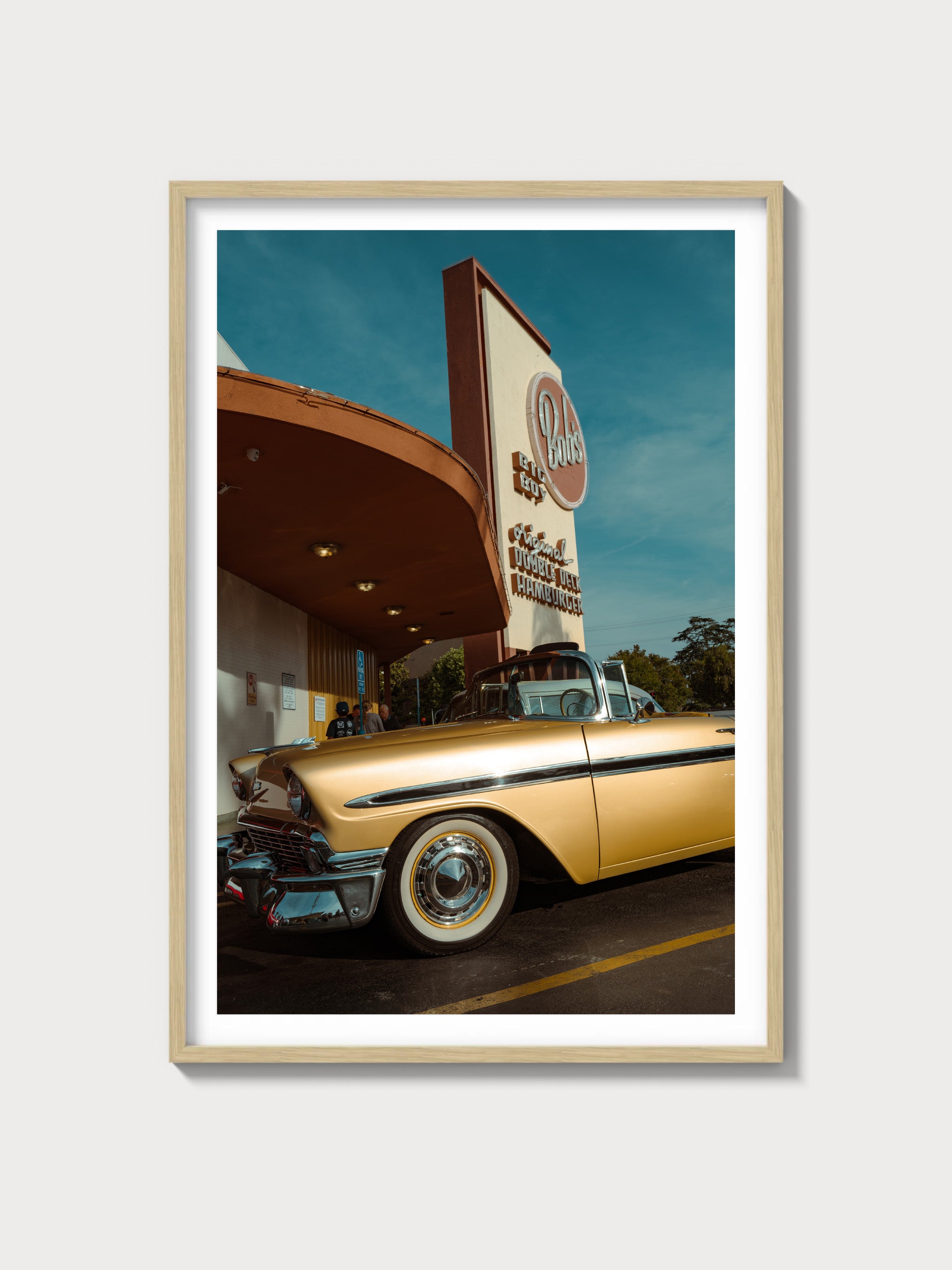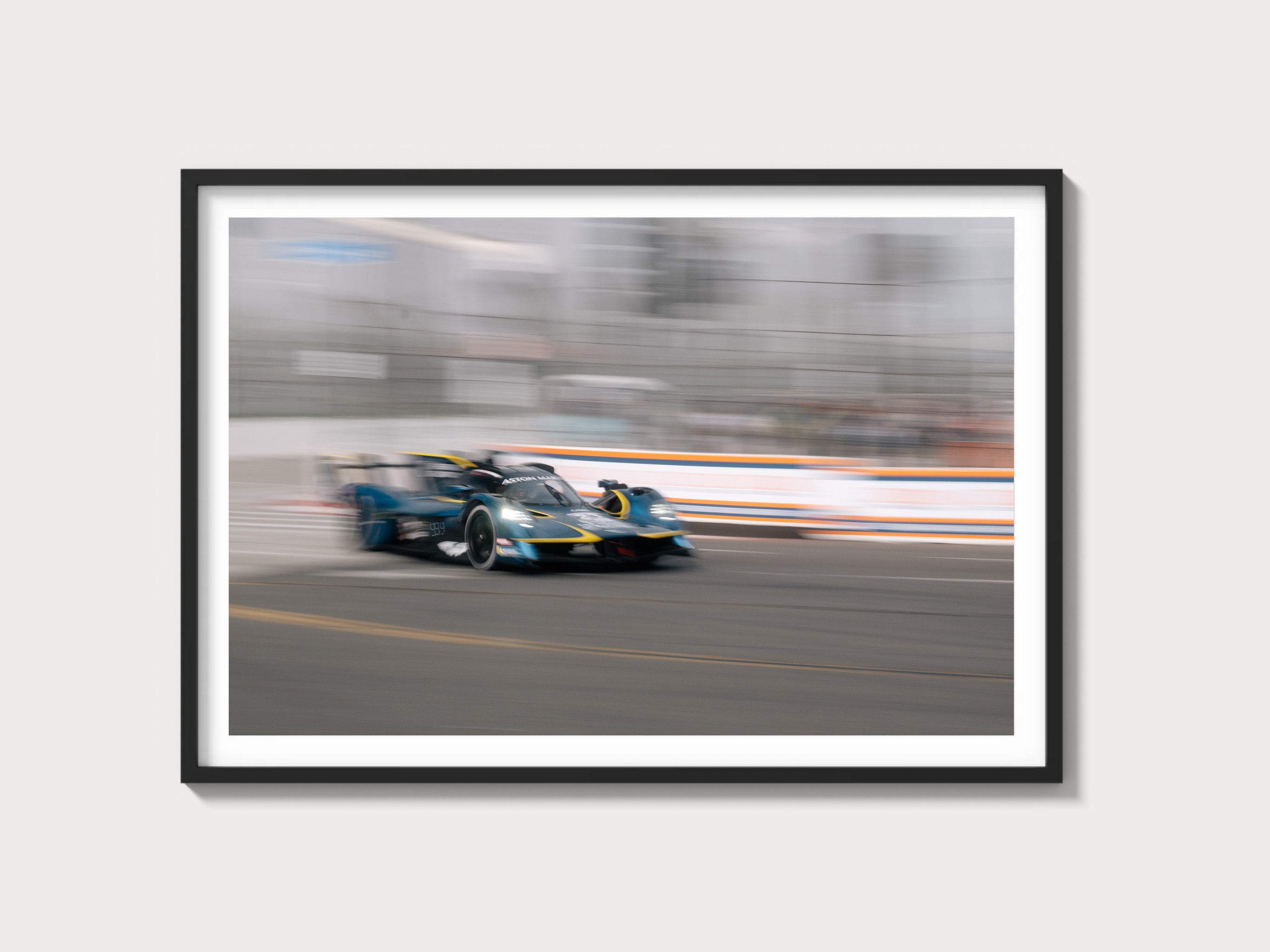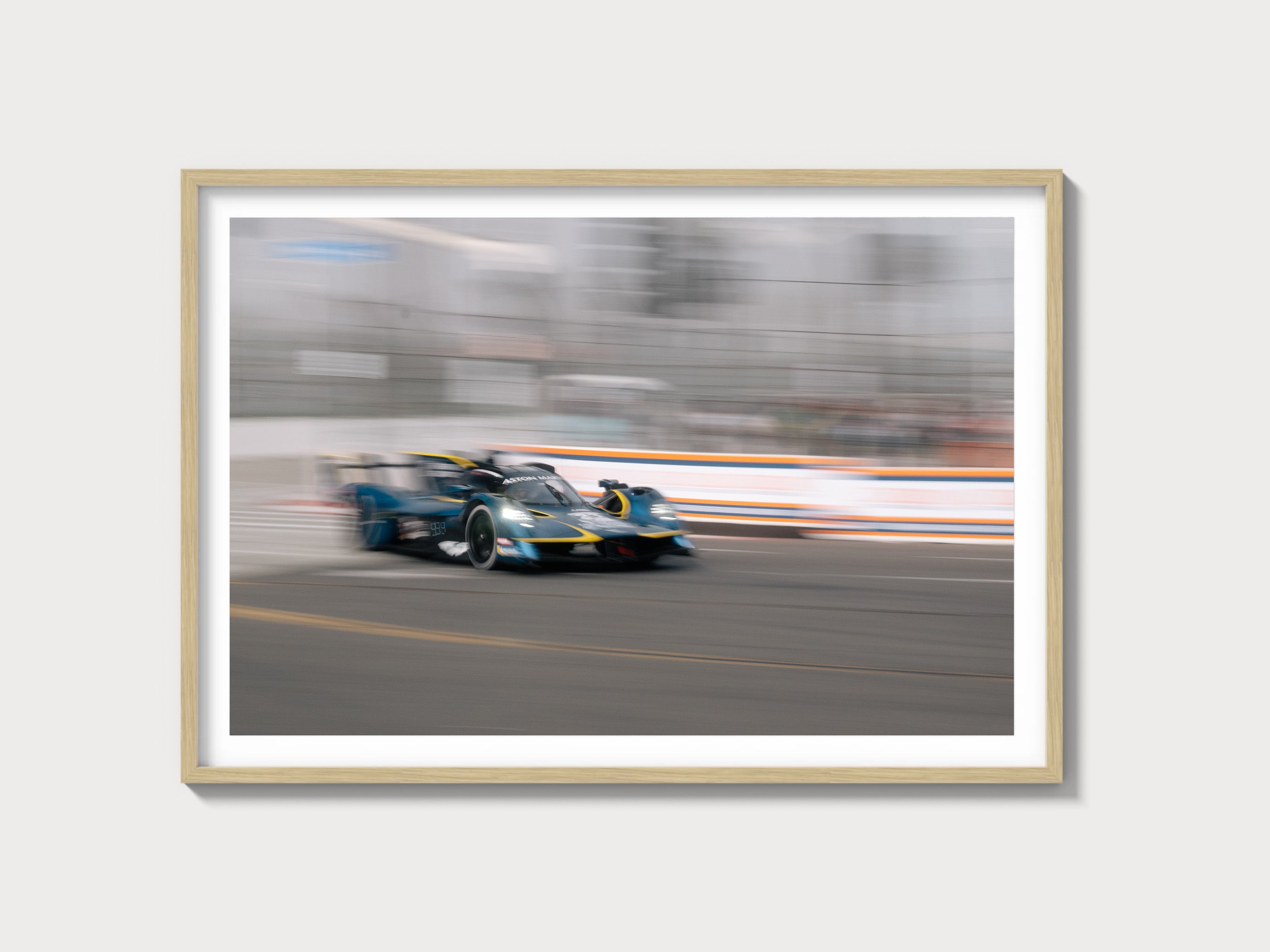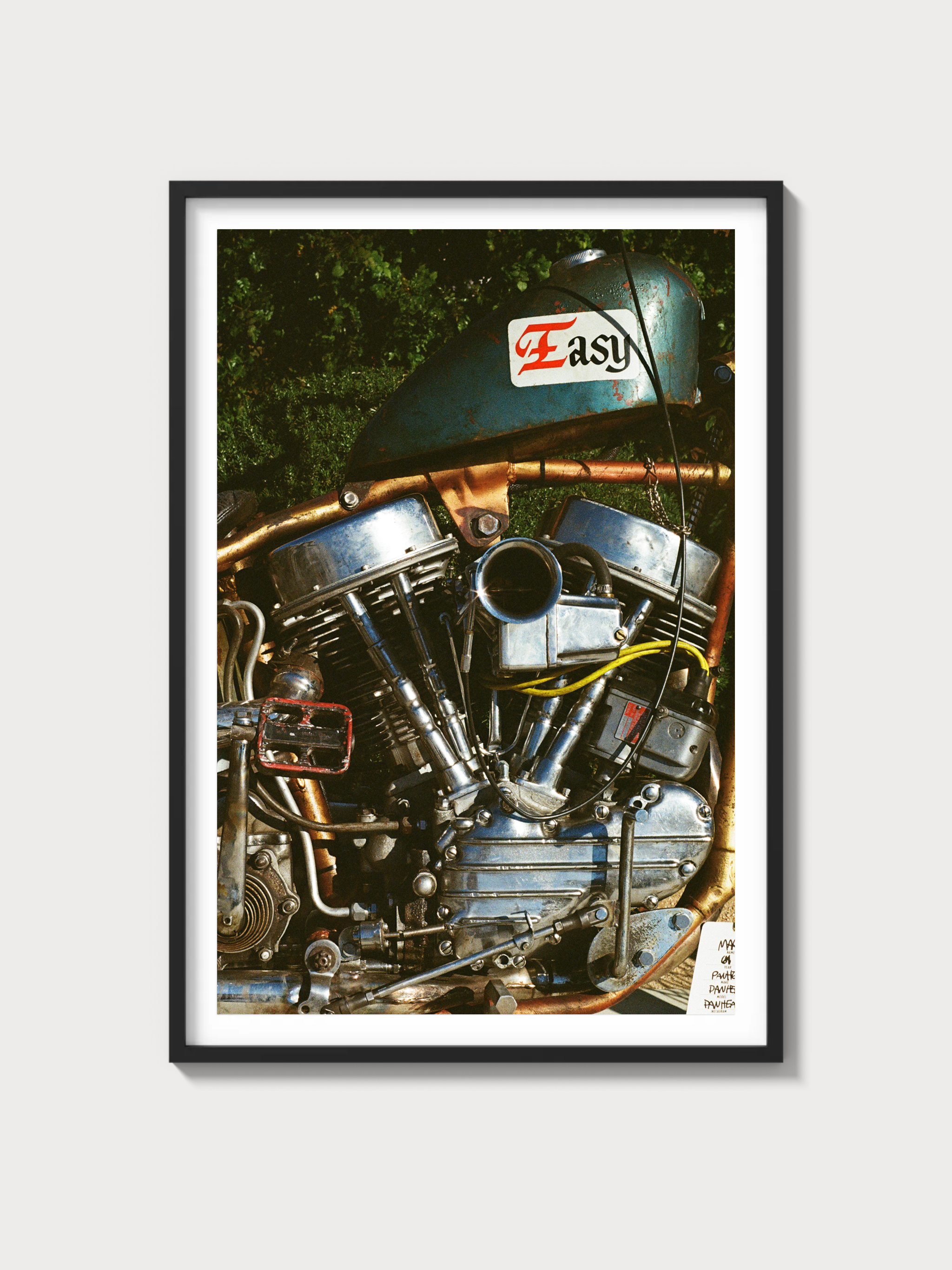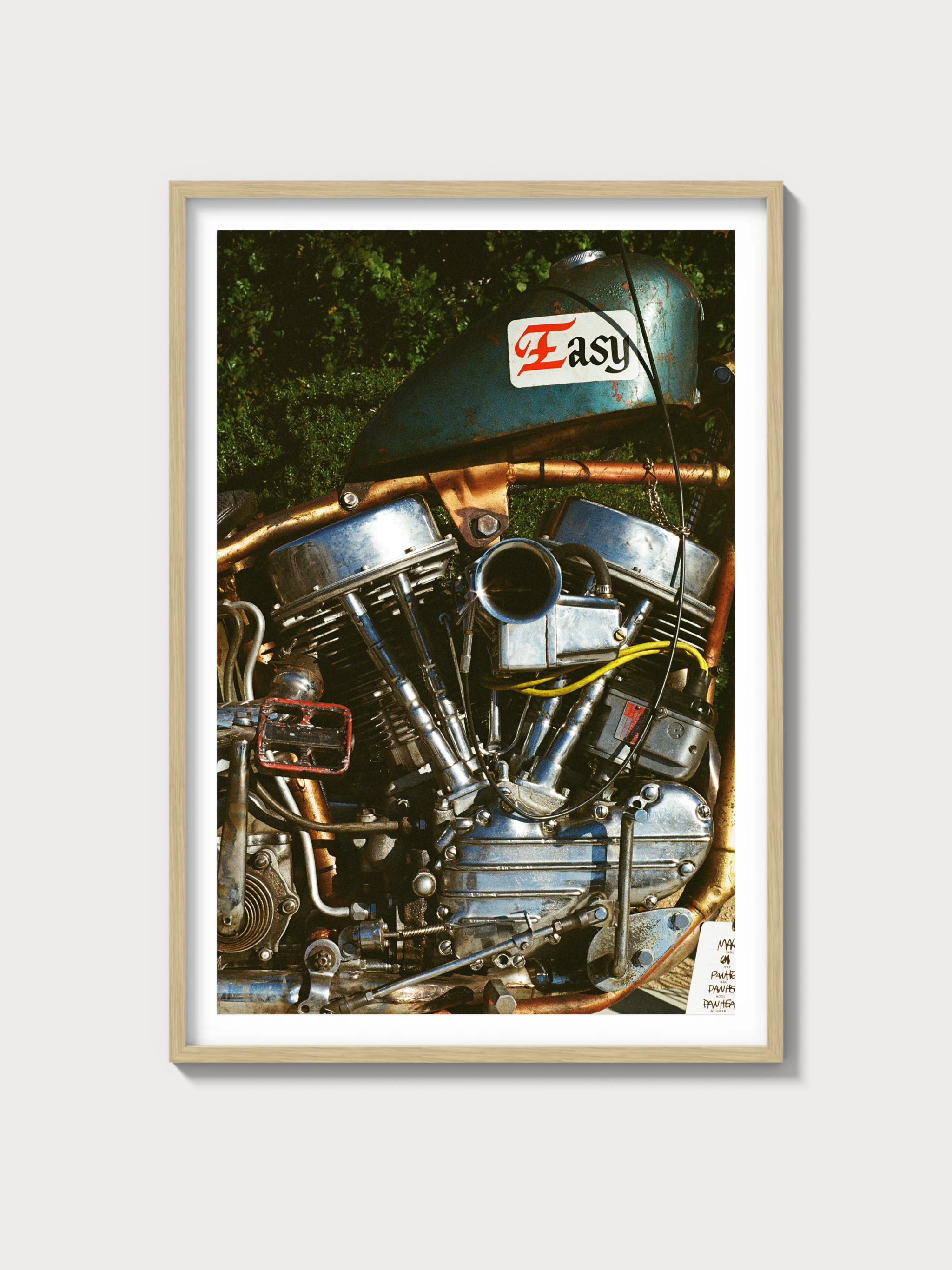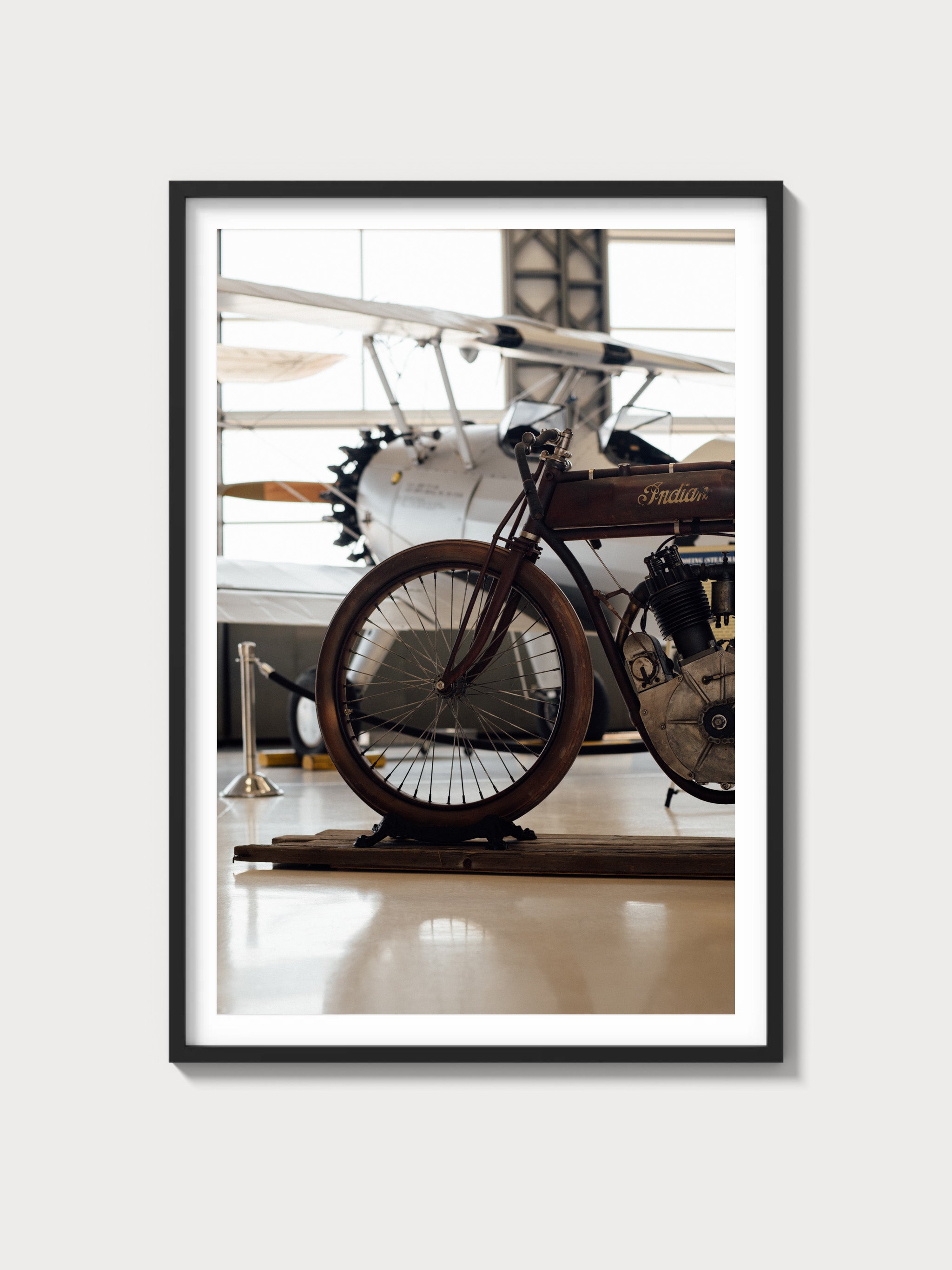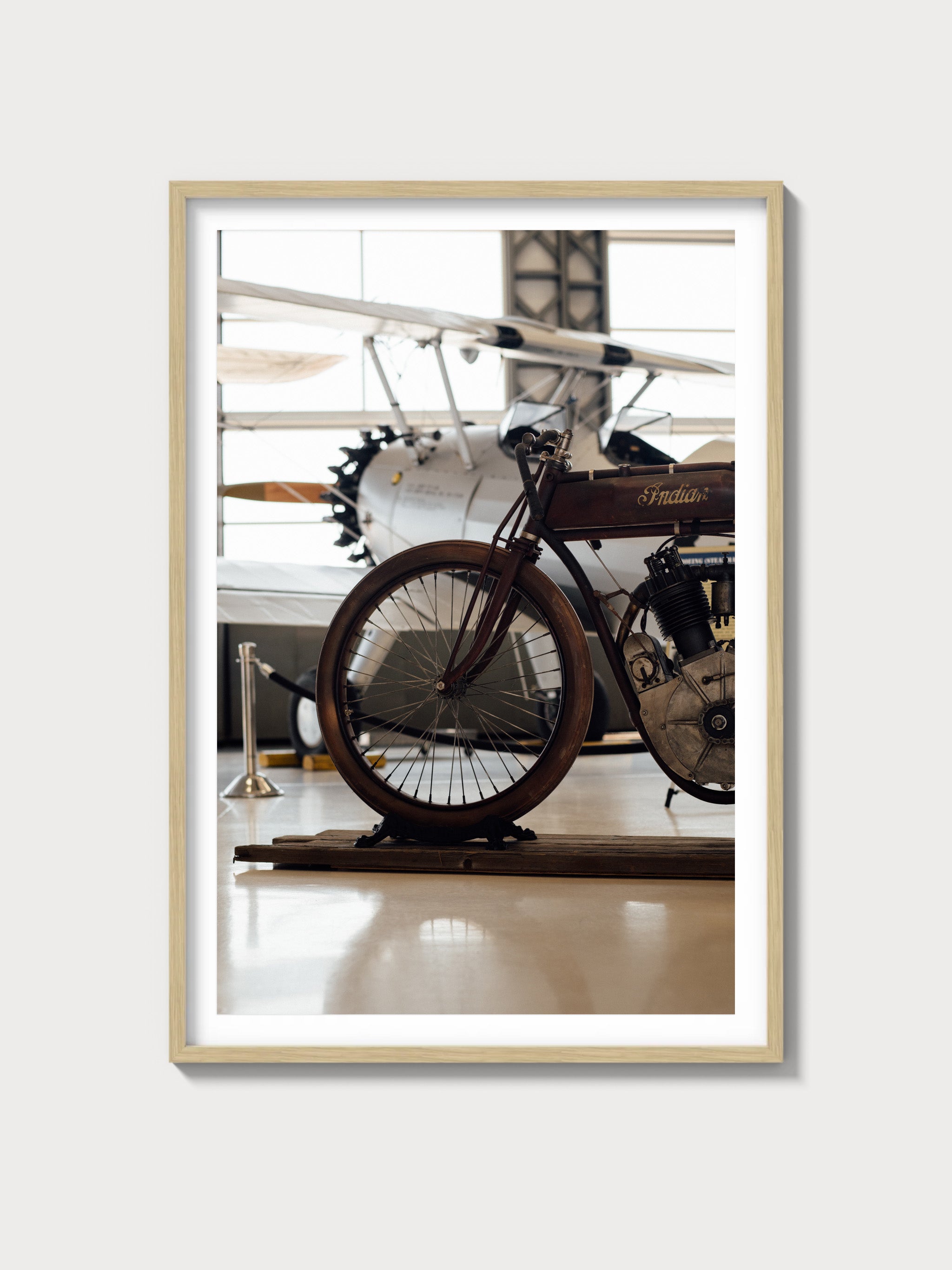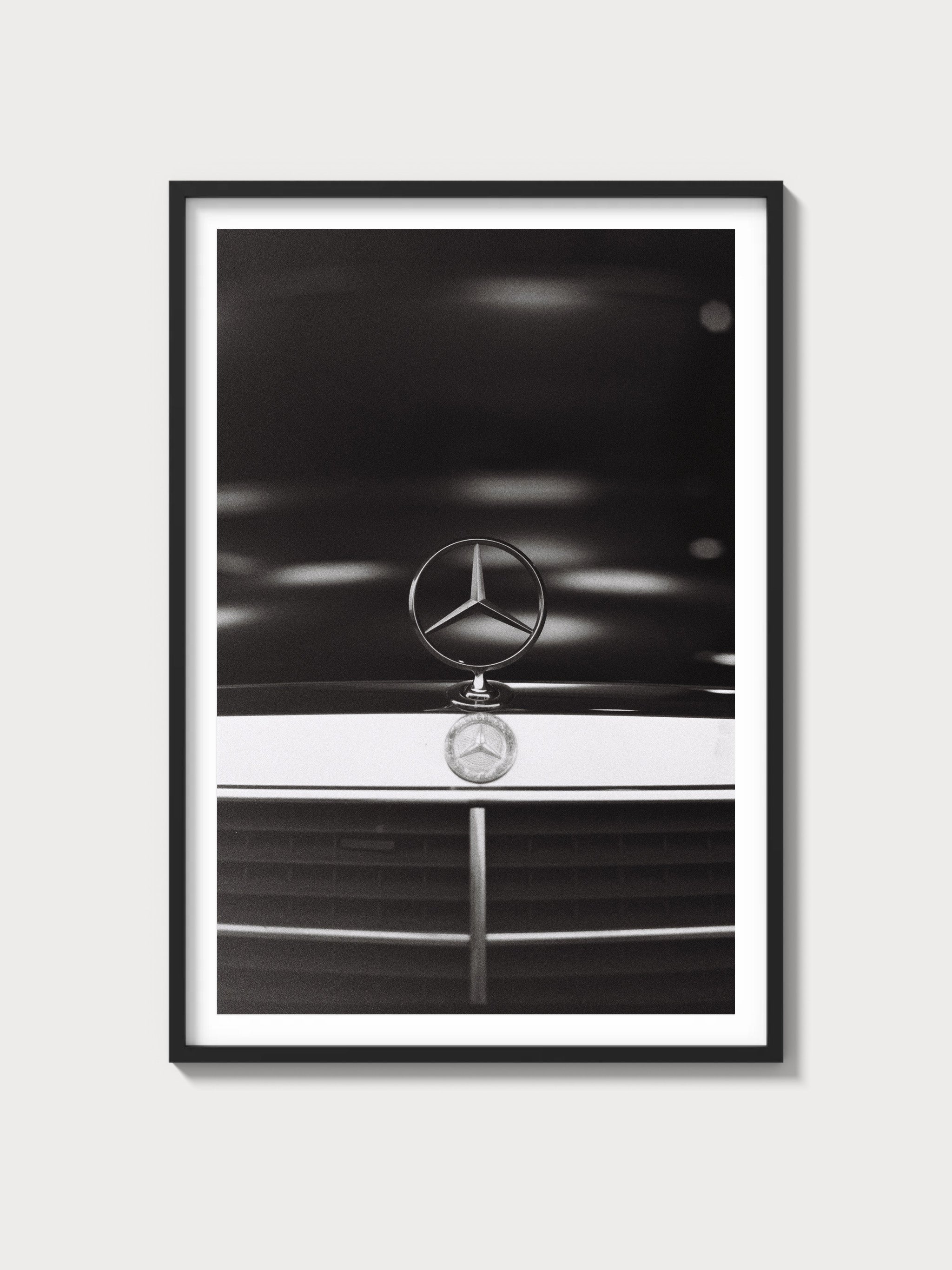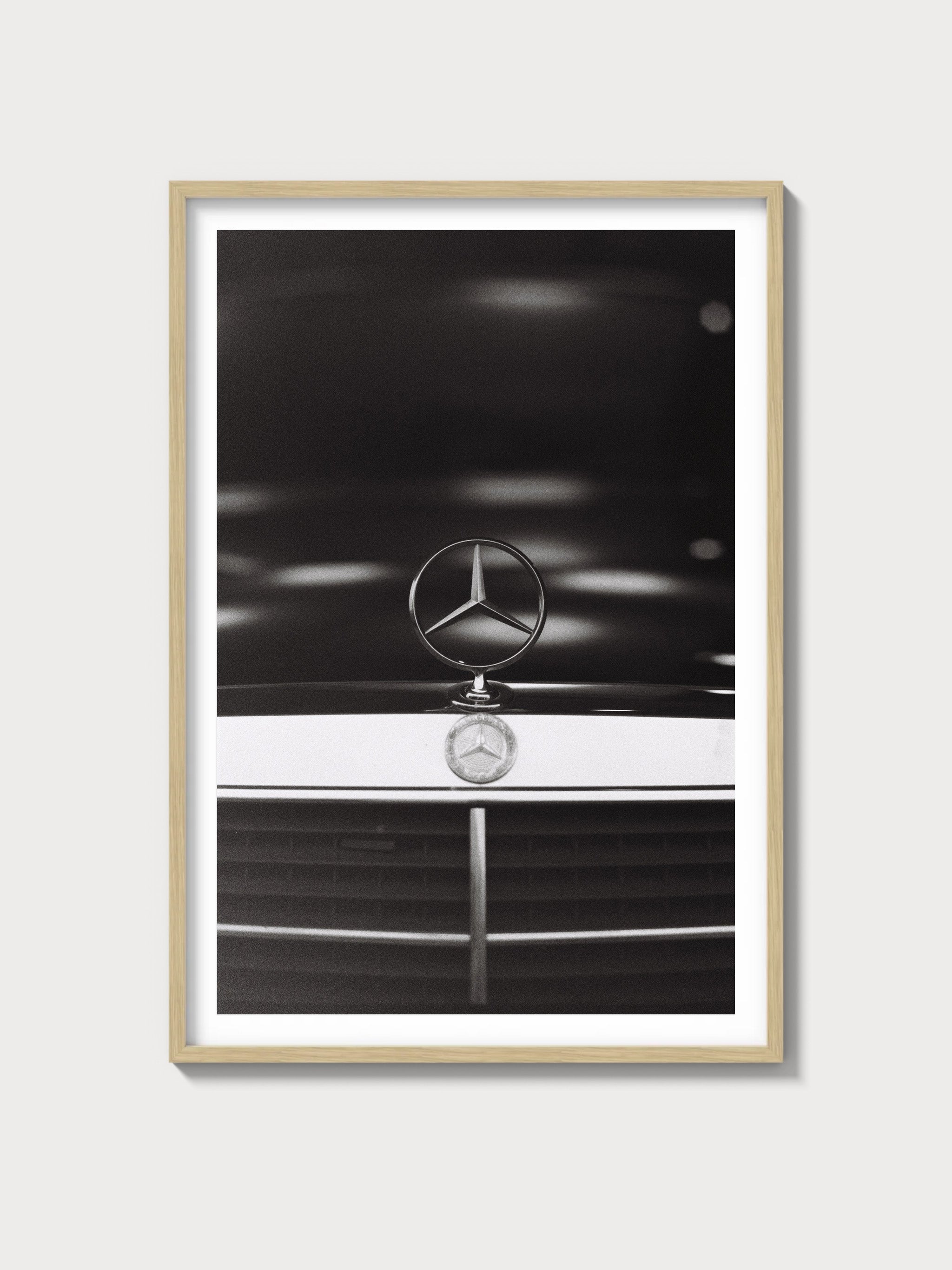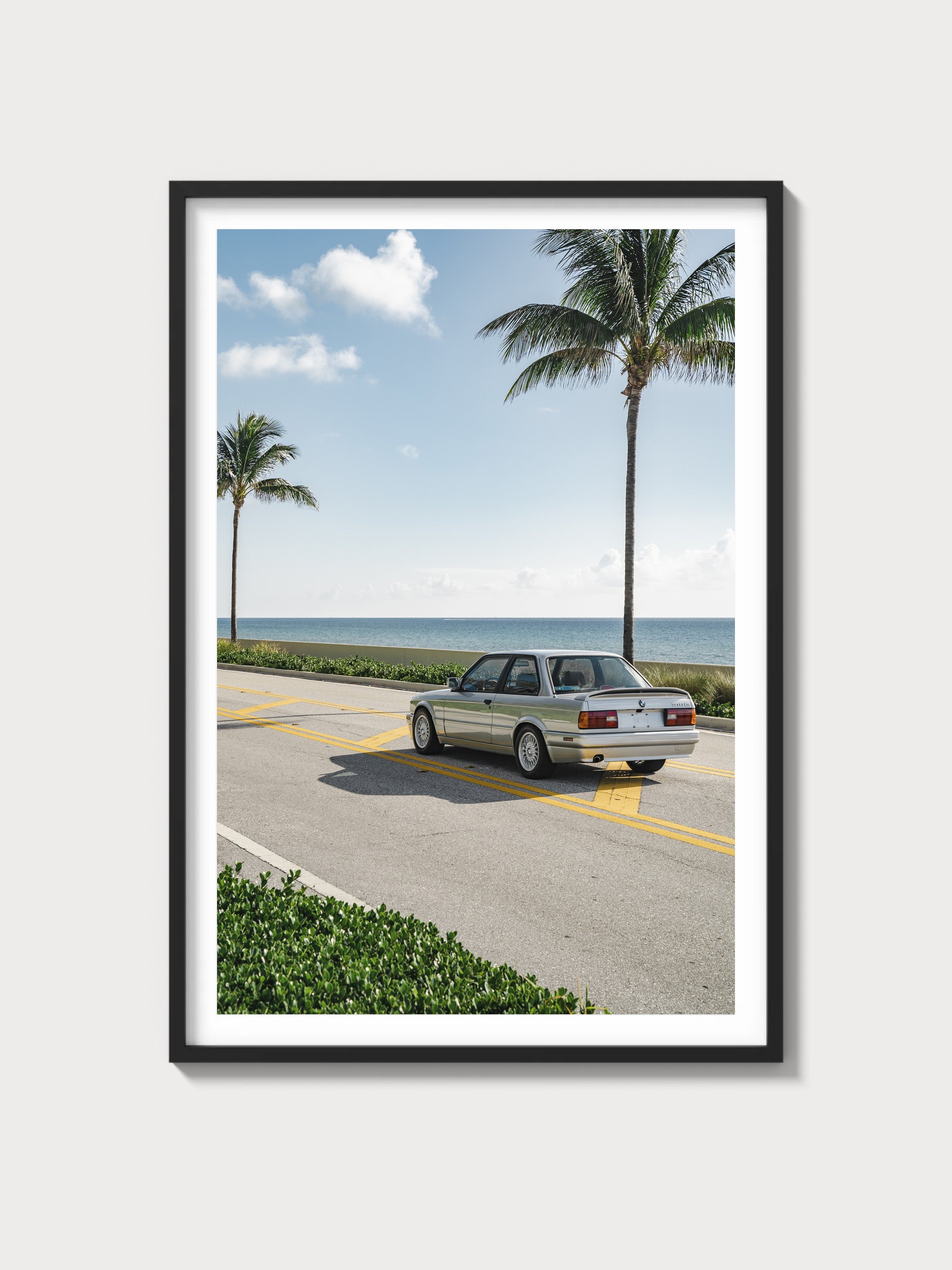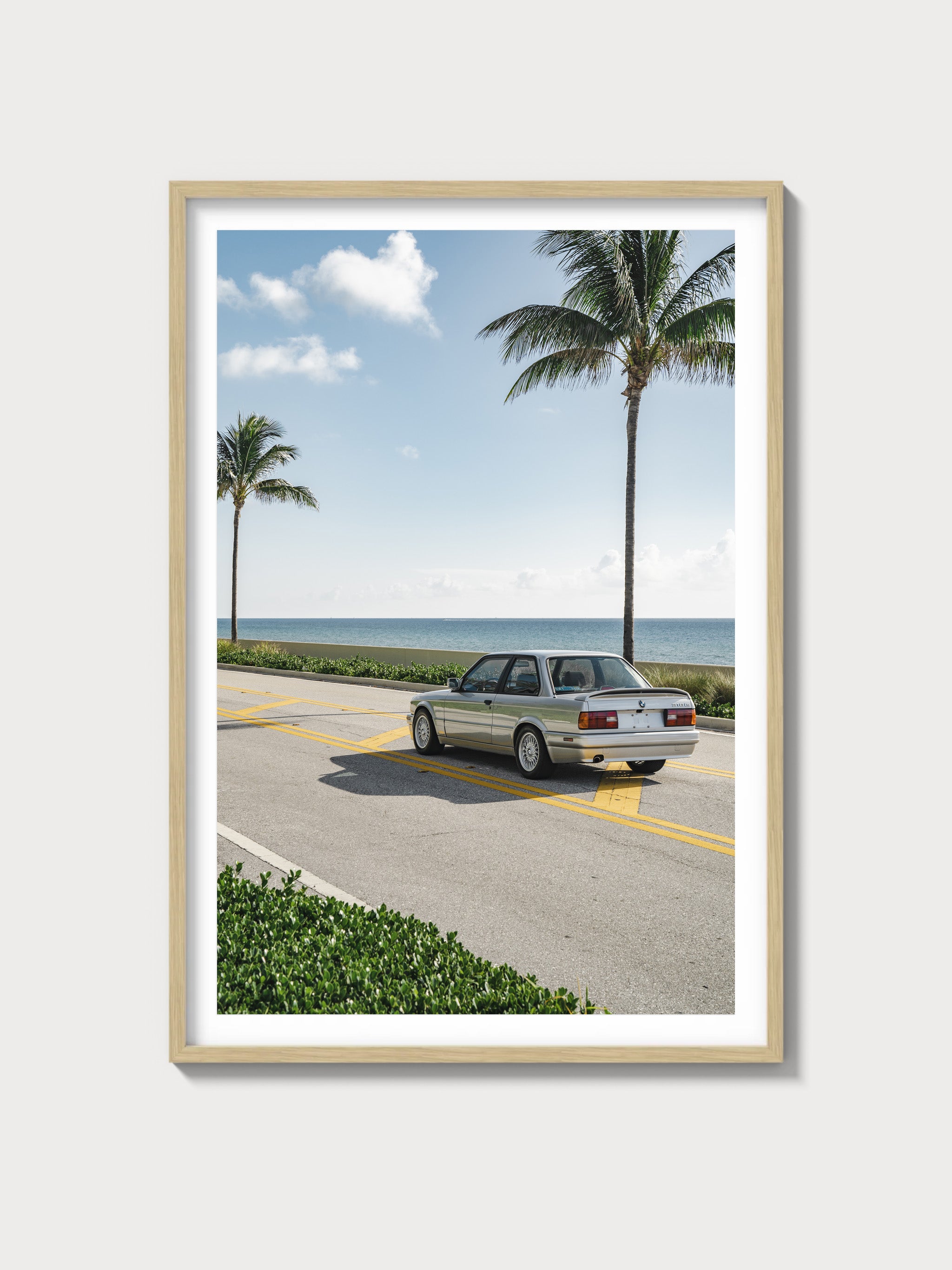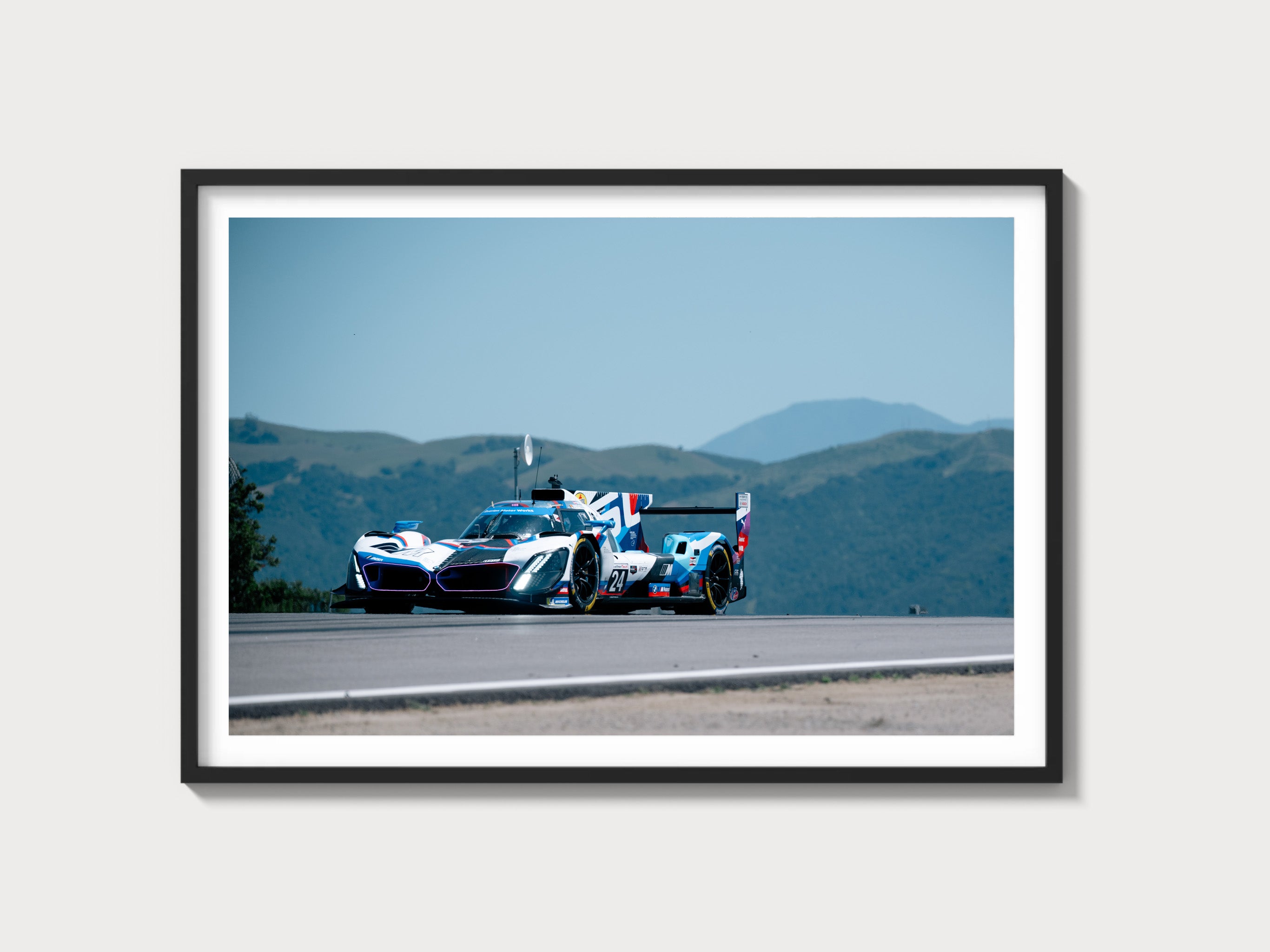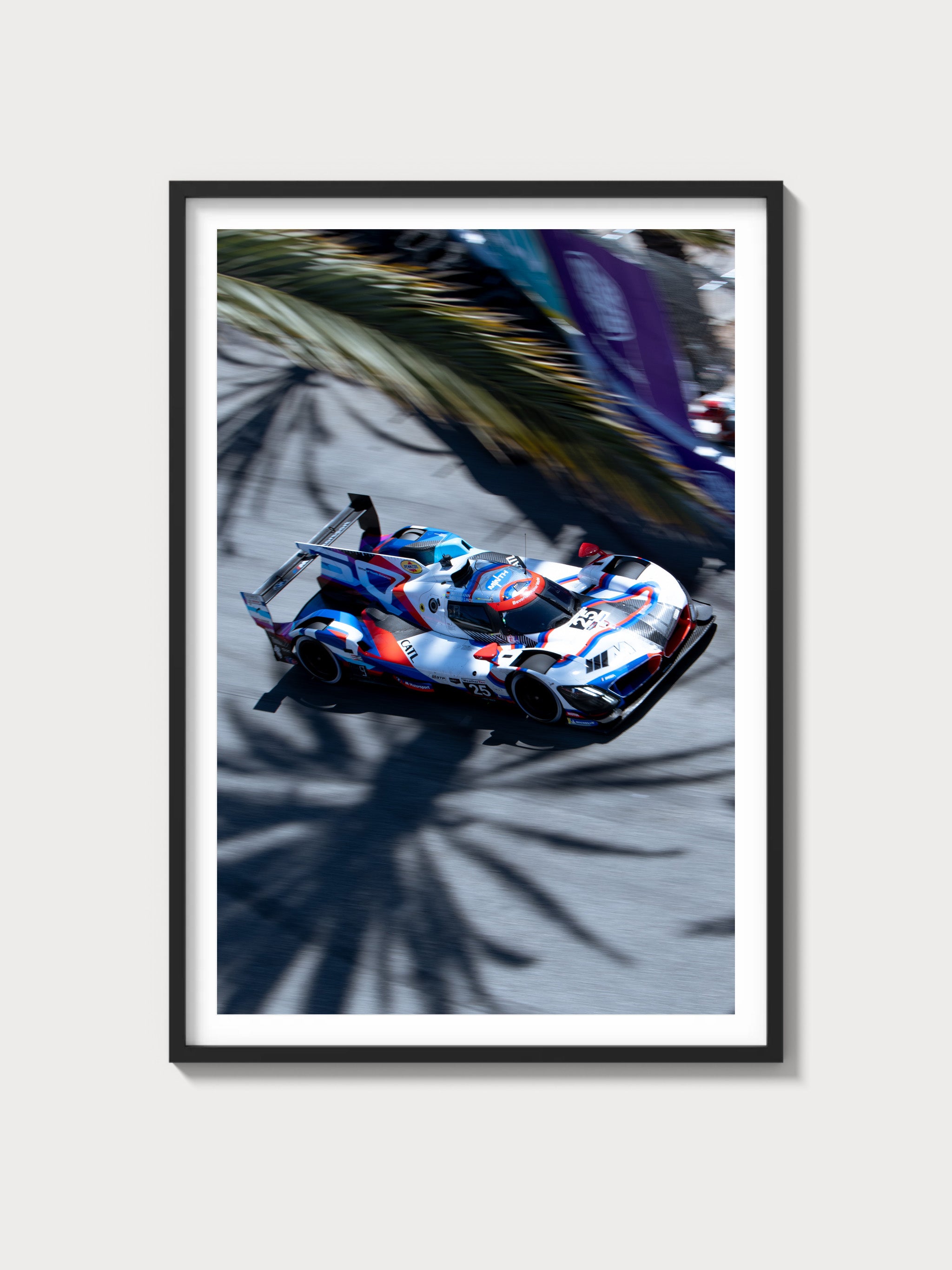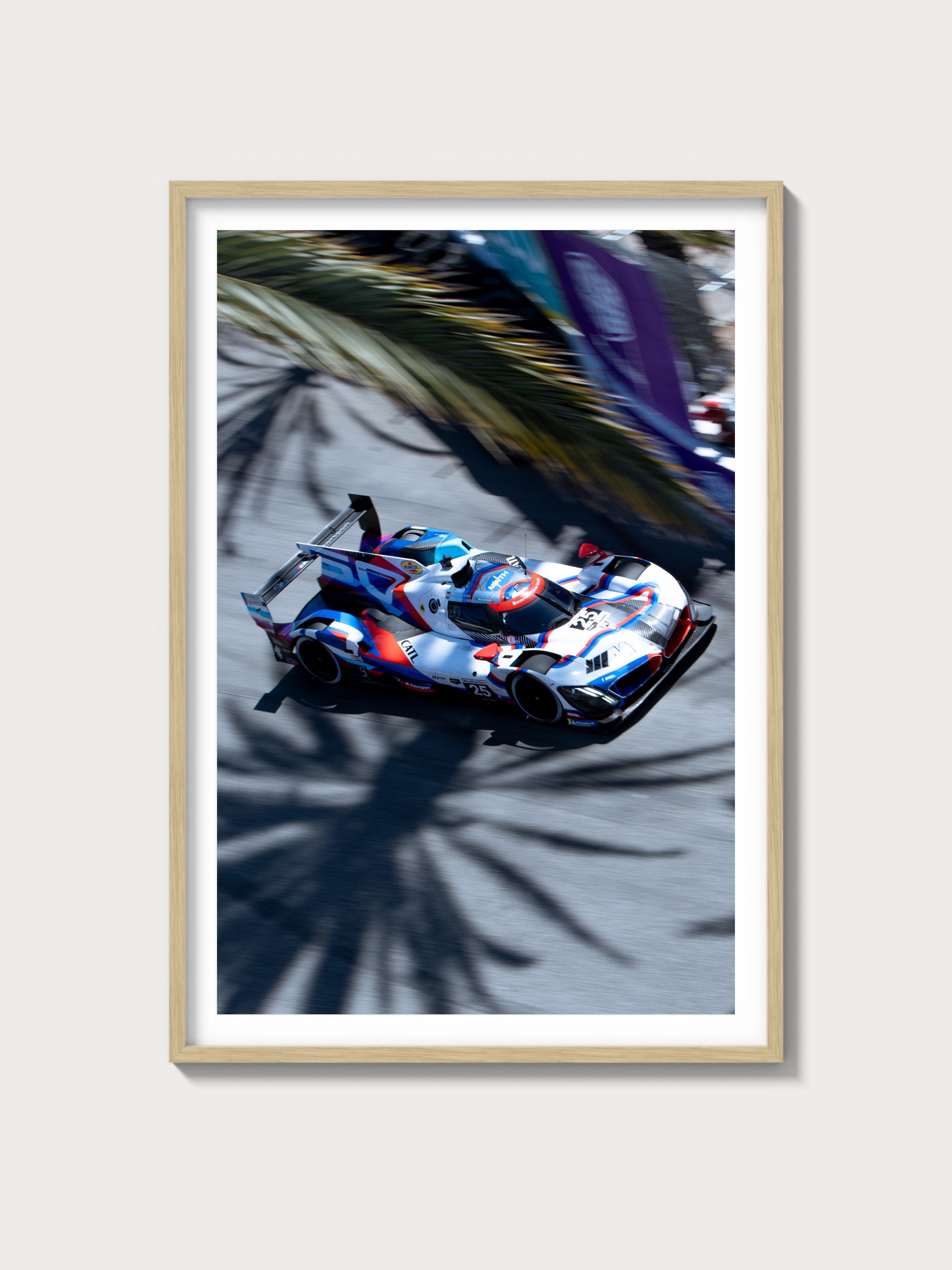Ferrari Purosangue: The Definitive History, Specs, and Legacy
Introduction: Ferrari’s First Four-Door, Four-Seat SUV
In the storied lineage of Ferrari’s road cars, the Purosangue, introduced in 2022, stands as a groundbreaking milestone—the marque’s first four-door, four-seat SUV, powered by a 6.5-liter naturally aspirated V12 delivering 725 horsepower. Crafted by Ferrari’s Centro Stile, this model saw approximately 1,500 units produced, succeeding the GTC4Lusso as Ferrari’s ultimate all-purpose vehicle. Named “Purosangue” (Italian for “purebred”), it blended supercar performance, luxurious versatility, and bold design, redefining Ferrari’s legacy with an unprecedented SUV format.
The year 2022 was a vibrant period for Ferrari, its racing triumphs—296 GTB, SF90 Stradale—complementing road car innovation under John Elkann’s leadership. Unveiled on September 13, 2022, at the Teatro del Silenzio in Tuscany, the Purosangue captivated with its sleek SUV silhouette and roaring V12. This exhaustive history, penned with a Ferrari historian’s precision, explores its technical brilliance, its iconic styling, its subtle racing ties, and its monumental legacy.
Historical Context: Ferrari’s SUV Revolution
The Ferrari Purosangue emerged during a transformative era for Maranello. By 2022, Ferrari’s racing pedigree—812 Superfast’s V12 prowess, 296 GTB’s hybrid innovation—had solidified its stature, yet the company sought to expand its grand touring lineage beyond the GTC4Lusso’s ~2,100-unit run (2016-2020). The GTC4Lusso had perfected the four-seat shooting brake, but Ferrari aimed for a true SUV to meet growing demand for versatility without compromising performance. The Purosangue, with its 6.5L V12, all-wheel drive, and four-door layout, answered, targeting affluent families and adventurers while rivaling the Lamborghini Urus and Bentley Bentayga Speed.
A total of ~1,500 units were built (2022-present)—all four-door SUVs, reflecting niche demand within Ferrari’s capped production. Chassis 330543, the prototype, debuted in Tuscany in September 2022, its bold form signaling a new frontier. This was a car for a cosmopolitan elite—European luxury seekers, American all-terrain enthusiasts—its production balancing exclusivity with Ferrari’s prestige amid the early-2020s SUV boom.
The broader context of 2022 shaped its purpose. The luxury SUV market thrived—Porsche Cayenne Turbo GT, Rolls-Royce Cullinan—while buyers sought performance with practicality. The Purosangue bridged Ferrari’s racing heritage, rooted in the 612 Scaglietti, with a modern SUV paradigm.
Technical Specifications: The V12’s Versatile Might
The Ferrari Purosangue’s heart was its 6.5-liter naturally aspirated V12—a refined powerplant designed for power and adaptability. Below, we dissect its engineering with historian’s detail.
Engine: The 6.5-Liter F140 V12
Displacing 6,496 cc (bore 94 mm, stroke 78 mm), the Purosangue’s V12 was a front-mounted, all-aluminum unit with a 65-degree V-angle, featuring four valves per cylinder (double overhead camshafts per bank), a 13.6:1 compression ratio, and direct fuel injection. It produced 725 horsepower at 7,750 rpm—a 35 hp gain over the GTC4Lusso’s 690 hp but 75 hp less than the 812 Superfast’s 800 hp, tuned for SUV dynamics. Weighing 360 lbs, it delivered 528 lb-ft of torque at 6,250 rpm, nearly matching the GTC4Lusso’s 514 lb-ft.
This engine was an SUV titan. Chassis 333876, a 2023 model, showcased its smooth, ferocious power, blending supercar intensity with all-terrain refinement.
Performance: SUV Supercar Speed
The Purosangue reached 193 mph (310 km/h)—verified by Autocar’s 2023 test—outpacing the GTC4Lusso’s 208 mph due to its SUV aerodynamics, with a 0-60 mph time of ~3.3 seconds, a 0.1-second edge. Its power-to-weight ratio (357 hp/ton) trailed the GTC4Lusso (385 hp/ton) but offered a thrilling yet practical SUV experience.
Chassis and Suspension: AWD Precision
The chassis was an aluminum spaceframe, weighing 2,033 kg (4,482 lbs)—243 kg heavier than the GTC4Lusso due to its SUV structure. Its 3,018 mm wheelbase (28 mm longer than the GTC4Lusso) enhanced stability, with fully independent suspension—double wishbones front, multilink rear, with active air springs and magnetorheological dampers—delivering a plush, controlled ride across terrains, aided by all-wheel drive.
Transmission and Brakes: Dynamic Control
An 8-speed dual-clutch transmission—rear-mounted, transaxle design—drove all four wheels via an AWD system, its ratios (1st: 2.93, 8th: 0.74) favoring versatility, with paddle-shift operation (50-ms shifts). Braking relied on 15-inch carbon-ceramic disc brakes with ABS, delivering 1.1g deceleration—robust for its weight.
| Specification | Details |
|---|---|
| Engine | 6.5L V12, 725 hp @ 7,750 rpm |
| Displacement | 6,496 cc (94 mm x 78 mm) |
| Top Speed | ~193 mph (310 km/h) |
| 0-60 mph | ~3.3 seconds |
| Weight | 2,033 kg (4,482 lbs) |
| Transmission | 8-speed dual-clutch, AWD |
| Suspension (Front) | Double wishbone, air springs, magnetorheological dampers |
| Suspension (Rear) | Multilink, air springs, magnetorheological dampers |
| Brakes | Carbon-ceramic discs, 15-inch, ABS |
Design and Styling: Ferrari’s Bold SUV Elegance
The Ferrari Purosangue’s aesthetic was a Ferrari Centro Stile triumph, blending SUV utility with supercar flair.
Exterior: Sleek SUV Proportions
Ferrari’s Centro Stile built all ~1,500 units—chassis 330543 featured a sharp nose, sculpted hood, and rear-hinged suicide doors, finished in Nero Daytona. Its 3,018 mm wheelbase and aluminum body offered a sleek, muscular profile, with aerodynamic vents enhancing its bold appeal.
Interior: Luxurious Four-Seat Cabin
The cabin was a plush retreat: leather seats for four (tan or black), dual 10.2-inch screens for front and rear, and Veglia gauges—tachometer (9,000 rpm redline), speedometer, oil pressure. Chassis 333876’s interior, with upgrades over the GTC4Lusso, offered opulence contrasting the 296 GTB’s sportiness.
Production and Variants: An SUV Legacy
The Ferrari Purosangue’s ~1,500-unit run (2022-present) included the standard V12 SUV, with no hybrid or racing variants planned. Chassis 330543 launched the series, with production ongoing as of 2025, complementing models like the Roma. Its focus was all-purpose road luxury.
Performance and Racing Legacy: A Road-Bound Titan
The Ferrari Purosangue racing history was nonexistent, its SUV mission paramount. Chassis 332543 ran private track tests, but no racing ensued. Its realm was versatile touring—Alps, Route 66—where its 193 mph top speed and AWD grip excelled.
Ownership and Market Value: A Unique Classic
The Ferrari Purosangue value reflects its pioneering status. Early owners included European families and U.S. luxury buyers. Today, prices range $400,000-$500,000—chassis 330543 sold for $450,000 at RM Sotheby’s 2023. Restoration costs—V12 rebuilds at $150,000—highlight its elite appeal.
Cultural Impact: Ferrari’s SUV Milestone
The Purosangue introduced Ferrari’s first SUV, its V12 and four-door design shaping future versatility. In 2020s lore, it’s the car of all-terrain luxury and performance, a milestone in Ferrari’s heritage.
Comparisons: Ferrari Purosangue vs Rivals
The Ferrari Purosangue vs Lamborghini Urus pits 725 hp V12 against 657 hp V8 turbo—Ferrari led in prestige, Lamborghini in agility. The Bentley Bentayga Speed (626 hp) matched in luxury but trailed in dynamics.
| Model | Engine | Power | Weight | Top Speed |
|---|---|---|---|---|
| Ferrari Purosangue | 6.5L V12 | 725 hp | 2,033 kg | ~193 mph |
| Lamborghini Urus | 4.0L V8 Turbo | 657 hp | 2,197 kg | ~190 mph |
| Bentley Bentayga Speed | 6.0L W12 Turbo | 626 hp | 2,508 kg | ~190 mph |
Frequently Asked Questions
What was the Ferrari Purosangue?
A 2022 6.5L V12 front-engine four-door SUV.
How many were made?
~1,500 units.
What engine powered it?
6,496 cc V12, 725 hp.
Did it race?
No—built for road use.
What’s its value?
$400,000-$500,000.




